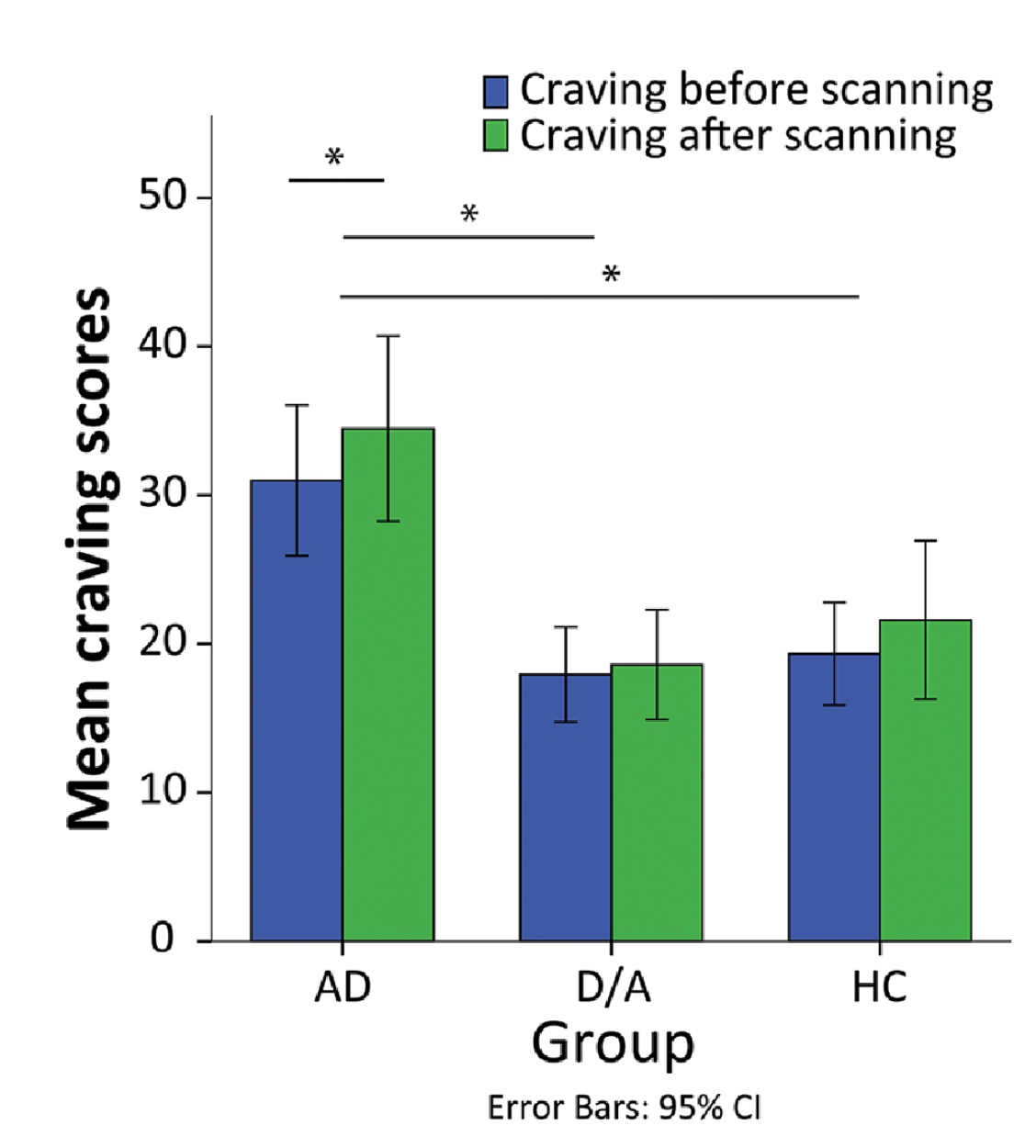Why You Drink Habitually Without Thinking (E182)
Listen to the full episode in your podcasting app: Apple Spotify other apps
Your brain has 2 systems that control your behavior. The goal-directed circuit makes decisions based on your goals, and the habitual, automatic circuit conserves energy and selects a behavior based on what you’ve done in the past when faced with the same cues. We learn these automatic behaviors through repetition and conditioned cues, like having a drink after work. We teach our brain that work stress, family stress, needing to unwind, transitioning from work to home, and more all means drinking alcohol so the brain remembers this.
Is drinking a bad habit?
We may initially decide to drink using the goal-directed behavior circuit. We want the anxiety to stop, we want to forget, we can’t handle feeling this way, we want to fit in. But then after that first sip, the automatic process takes over and we continue drinking all night. The influence that conditioned cues for alcohol have on our behavior grow over time in a phenomenon called incubation of craving. Studies have found that this can peak at around 3 months sober, which based on what I’ve seen in the Living a Sober Powered Life community, it seems like 3-6 months is the toughest time to maintain sobriety.
Alcohol cravings are a major problem for us
Cravings are a major problem for us. A 2014 study on humans had a control group of all regular people, a group of people with a diagnosis of alcohol use disorder within the past 6 months who were either still struggling or in very early sobriety, and a group of people who had depression and anxiety but no alcohol use disorder. They showed them 50 neutral pictures and 50 alcohol-related pictures and looked at brain activity and self-reported craving levels.
Obviously the alcohol use disorder group had more cravings after looking at alcohol-related images, but the most interesting thing here is that the alcohol use disorder group started out with much higher baseline levels of craving.
Sjoerds 2014
When they took a look at their brains they saw much higher brain activity in the alcohol use disorder group compared to the others, so the brain was activating in response to alcohol cues. The longer someone had struggled with alcohol the more brain activation they saw too, so this is another reason why you shouldn’t wait and convince yourself that it’ll get better on its own or that you’re too old to make a change. Waiting just makes the problem worse because alcohol continues to change your brain making it harder to get out.
I analyze a personal story in this episode of a time I drank automatically without thinking about it and explain why that may have happened.
Listen to episode 182 to learn more about why you may drink automatically and what’s going on in your brain. Takeaways:
Our behavior is controlled by two systems in the brain: the goal-directed circuit and the habitual automatic circuit.
Habits are formed through repetition and conditioned cues, and can override our goal-directed processes.
Cravings and stimulus-response associations play a significant role in our drinking behavior.
Seeking support and taking action are crucial in breaking free from automatic loops and overcoming urges to drink.
Listen to the full episode in your podcasting app: Apple Spotify other apps
Cite this article:
Tietz, G., Painter, M. Why You Drink Habitually Without Thinking (E182). Sober Powered. 2023
Sources:
Vandaele, Y., Janak, P. Defining the Place of Habit in Substance Use Disorder. Prog Neuropsychopharmacol Biol Psychiatry. 2018
Sjoerds et al., 2014. Cue Reactivity Is Associated with Duration and Severity of Alcohol Dependence: An fMRI Study. PLoS ONE
Miller & Fillmore, 2011. Persistence of attentional bias toward alcohol-related stimuli in intoxicated social drinkers. Drug & Alcohol Dependence.
